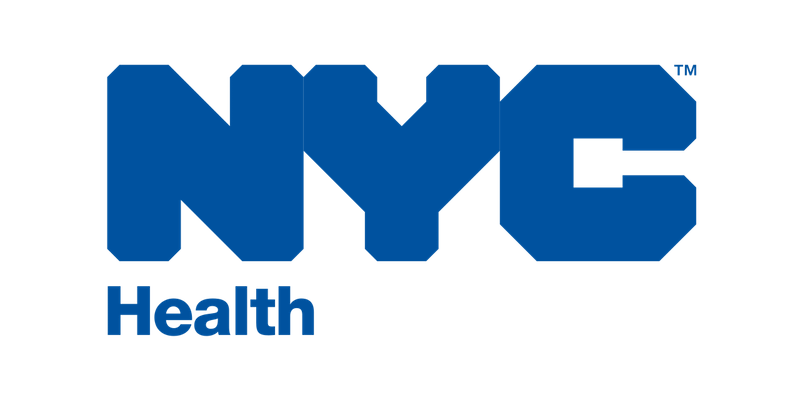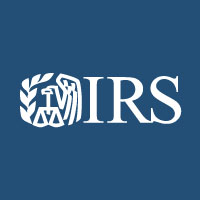
To prevent the spread of sexually transmitted infections, Health Department recommends condom use and regular testing; syphilis, chlamydia and gonorrhea can be cured with antibiotics
NEW YORK CITY (TIP): The Health Department released, August 31, new data showing that rates of syphilis, chlamydia and gonorrhea continue to increase, mirroring national trends over the past three years. From 2015 to 2016, New York City rates of syphilis increased by 27 percent; rates of gonorrhea rose by 13 percent; and rates of chlamydia increased by 6 percent. The vast majority of syphilis and most gonorrhea cases are among men, particularly men who have sex with other men, while women continue to have the highest rates of chlamydia. These increases are related to many factors, including more New Yorkers being tested with improved techniques.
As part of the Health Department’s efforts to address the increase in sexually transmitted infections (STIs), a new citywide campaign encouraging New Yorkers to get tested will appear in bus shelters and subways and run on Twitter, Facebook, Instagram, Gay Ad Network and Grindr. This new campaign follows “Bare It All,” a provocative and groundbreaking citywide awareness campaign that emboldens New Yorkers to talk openly with their doctors about their sex lives, drug use and other issues that affect their health. Earlier this year, the City also expanded clinical services and hours of operations at its Sexual Health Clinics (formerly known as STD clinics). Anyone 12 years or older can be tested for syphilis, chlamydia, gonorrhea and HIV at the City’s Sexual Health Clinics, even if they have no symptoms.
New campaign will encourage STI testing and run on Twitter, Facebook, Instagram, Gay Ad Network and Grindr and in bus shelters and subway cars citywide
As part of his plan to End the HIV Epidemic, Mayor Bill de Blasio has invested $23 million annually to reduce the number of new HIV infections, as well as assure a strong STI prevention infrastructure. The investment is unparalleled and places New York City in the best possible position to effectively curb STI increases.
“Sex is part of human existence. It can contribute to one’s fulfillment and sense of wellbeing, but it can also pose health risks,” said Assistant Commissioner Dr. Susan Blank, Bureau of STD Control. “Short of abstinence – which is not realistic for many New Yorkers – condoms provide the best protection available for syphilis, gonorrhea, and chlamydia. New Yorkers should talk to their providers about if and how they have sex, so that their providers can screen for and treat any infections before they lead to long term complications.”
Many people with STIs have no signs or symptoms. However, untreated STIs can have lasting health effects, including visual and hearing loss, dementia, paralysis, infertility and stillbirth. Having syphilis, gonorrhea or chlamydia can make it easier to get or spread HIV. The best way to prevent the spread of syphilis, gonorrhea and chlamydia is through condom use, early detection and treatment. Sexually active New Yorkers are encouraged to be open and honest with their doctors about their sexual practices and ask about getting tested for STIs. Testing for these infections is easy, and they are curable with antibiotics.
Among other recent efforts by the Health Department to prevent and treat STIs are:
Sexual Health Clinics
The City’s eight Sexual Health Clinics operate Monday through Friday, with Saturday hours available at the Riverside and Fort Greene clinics.
LGBTQ Health Care Bill of Rights
In June, the Department announced New York City’s first-ever LGBTQ Health Care Bill of Rights, which details health care protections on local, state and federal levels to empower LGBTQ New Yorkers to get the health care they deserve.
PlaySure Kit
In December 2015, the Health Department launched PlaySure – a novel health marketing campaign to prevent HIV and other STIs, followed by StaySure in 2016. The goal of these sex-positive campaigns is to reach all New Yorkers and encourage them to choose their preferred tools to prevent HIV and other STIs, regardless of their HIV status.
NYC Condom
In 2016, the Health Department and its partners distributed more than 38 million condoms at 3,500 diverse locations in New York City, including bars, clubs, restaurants, nail salons, barber shops, hospitals, clinics, universities, and community-based organizations. When used correctly and consistently, condoms are highly effective in preventing unintended pregnancies and offer effective protection against most STIs, including HIV. The City’s effort to increase the availability of condoms has contributed to citywide declines in teen pregnancy rates and HIV rates. To find free NYC Condoms, call 311 or visit nyc.gov/condoms. To learn more about condom use and sexual health or to download the free NYC Condom Finder app, please visit facebook.com/NYCcondom.





Be the first to comment